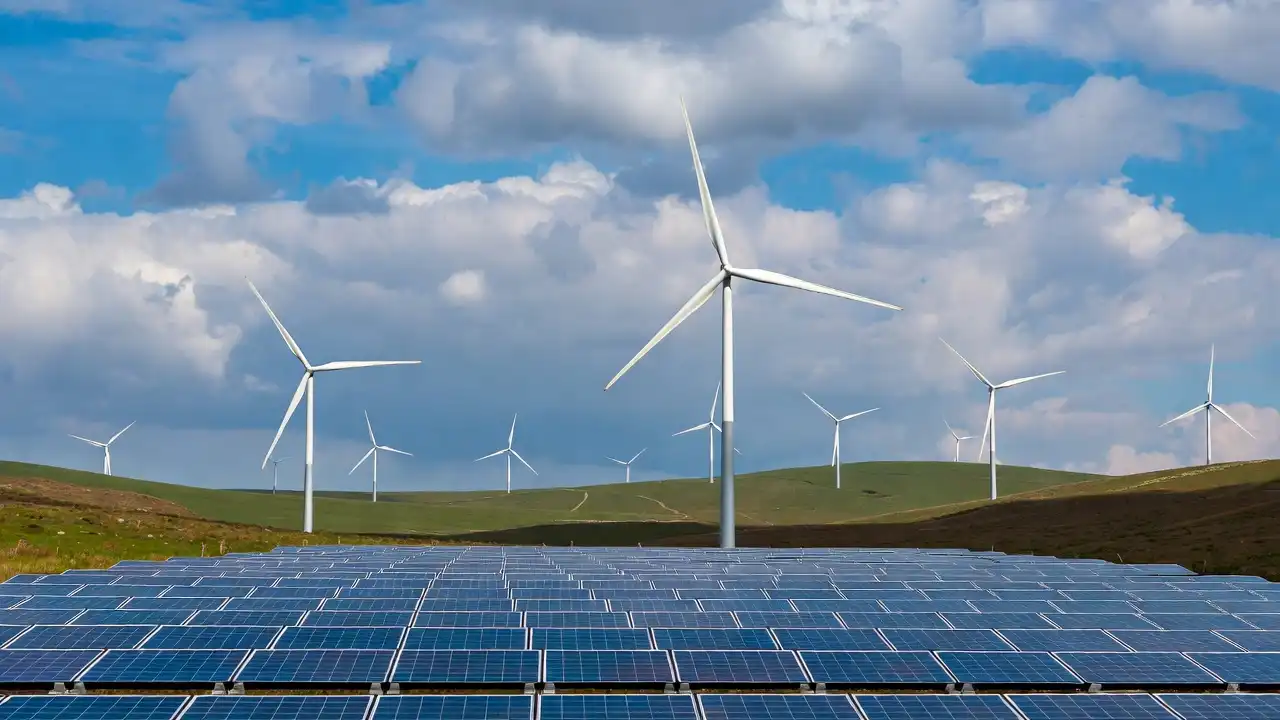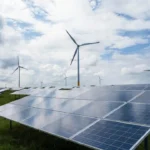Access to affordable and clean energy is not just an aspiration but a fundamental human right and a key driver of social and economic progress. This article explores the significance of affordable and clean energy, its current status, and its crucial role in building a sustainable future for our planet.
Understanding the Importance of Affordable and Clean Energy
Affordable and clean energy is more than just a catchphrase; it embodies the principles of equitable access to energy resources that are not harmful to the environment. Over 800 million people worldwide, mainly in developing regions, lack access to electricity. Access is necessary for their economic development, education, and healthcare prospects. Simultaneously, the consumption of fossil fuels as a primary energy source has led to severe environmental issues, such as air pollution, greenhouse gas emissions, and global warming.
The Status of Affordable and Clean Energy
As we move forward, global efforts are being made to transition from traditional energy sources like coal, oil, and natural gas to renewable energy sources. These include solar, wind, hydro, geothermal, and biomass energy. The past decade has witnessed significant advancements in renewable energy technologies, making them more cost-effective and efficient.
Countries worldwide are gradually adopting renewable energy solutions to reduce carbon footprints and improve energy accessibility. Governments and private sector entities are investing heavily in research and development to harness the full potential of renewable energy sources. Moreover, implementing energy efficiency measures in industries, transportation, and buildings further complements the shift toward clean energy solutions.
The Crucial Role of Affordable and Clean Energy
The urgent need for affordable and clean energy solutions has become undeniable as the world grapples with climate change and environmental degradation.
Combatting Climate Change
Affordable and clean energy is a critical pillar in the fight against climate change. By reducing greenhouse gas emissions, we can mitigate the impacts of global warming, extreme weather events, and rising sea levels. Clean energy helps us transition to a low-carbon economy, ensuring a more sustainable and resilient future for future generations.
Enhancing Energy Access
Clean energy solutions, especially decentralized ones like solar panels, have the potential to provide electricity to remote and underserved areas. It enhances energy access, enabling economic growth, better education, improved healthcare, and enhanced quality of life.
Creating Sustainable Jobs
The renewable energy sector is a significant driver of job creation. The International Renewable Energy Agency (IRENA) said the industry employed over 11 million people globally in 2019, which is expected to grow. Clean energy industries offer diverse job opportunities, from manufacturing and installation to research and development.
Reducing Air Pollution
Traditional fossil fuel-based energy sources contribute to air pollution, leading to respiratory illnesses and environmental degradation. By transitioning to clean energy, we can significantly reduce air pollution, resulting in healthier environments and lower healthcare costs.
Boosting Energy Security
Relying heavily on fossil fuels makes many countries vulnerable to geopolitical uncertainties and price fluctuations. Embracing clean energy sources helps increase energy security and reduce dependence on volatile energy markets.
Challenges and the Way Forward
Despite the progress in adopting affordable and clean energy solutions, several challenges persist. The initial high costs of setting up renewable energy infrastructure, intermittency issues with some renewable sources, and the need for energy storage technologies are some of the hurdles that must be addressed.
Governments, businesses, and individuals must collaborate to overcome these obstacles. Policymakers can create supportive regulatory frameworks and financial incentives to encourage investments in clean energy projects. The private sector can play an important role by innovating and scaling renewable energy technologies. Individuals can contribute by making conscious choices, such as adopting energy-efficient practices and supporting renewable energy initiatives.
Conclusion
Affordable and clean energy is the cornerstone of a sustainable future. It addresses energy poverty, mitigates climate change, fosters economic growth, and improves overall well-being. We can promote the transition to clean energy sources through concerted global efforts, making them more affordable, accessible, and efficient. By embracing renewable energy and energy efficiency, we can build a world where everyone can access reliable, affordable, and clean energy, paving the way toward a brighter and more sustainable future for all.





